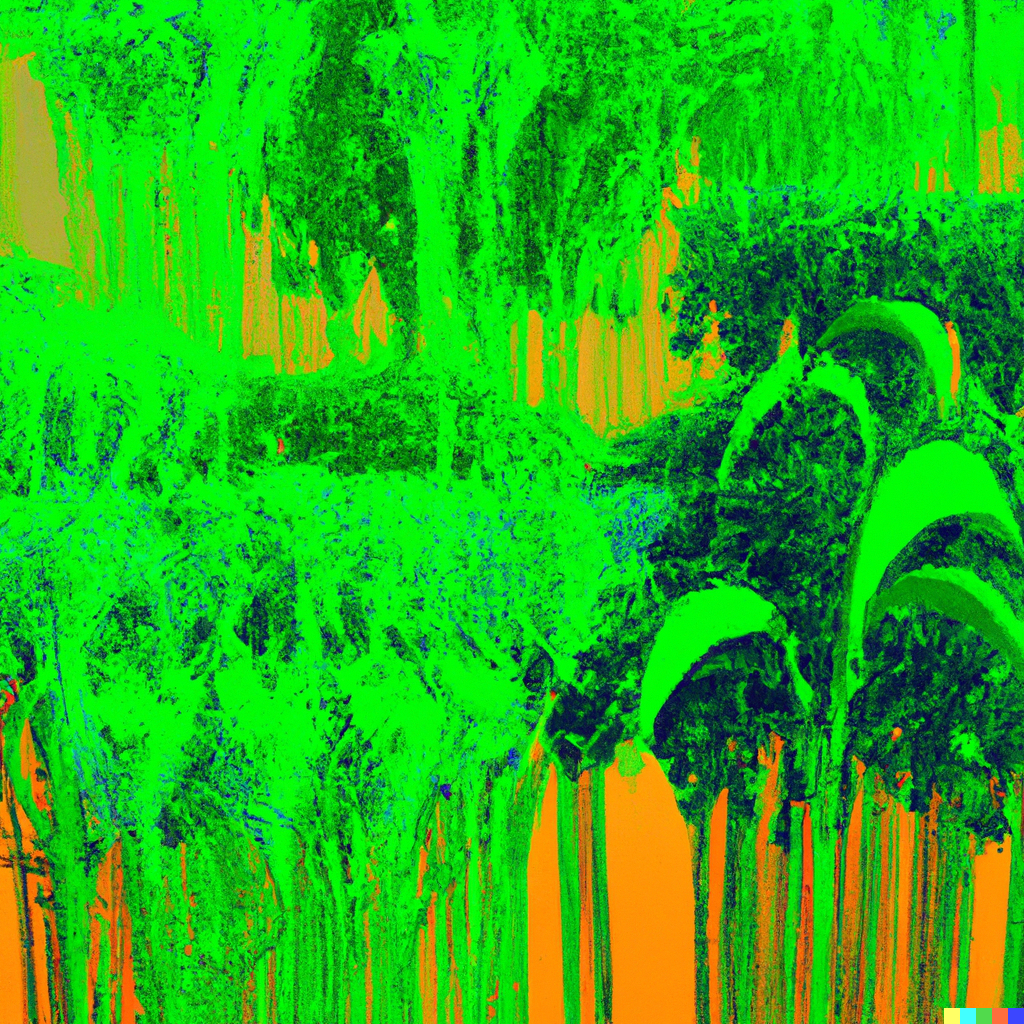

As cities like Portland grapple with the challenge of homelessness, a trailblazing organization named ReLeaf is demonstrating how to turn adversity into opportunity. Instead of viewing individuals facing homelessness, immigrants, and ex-convicts as liabilities, ReLeaf sees them as resources and potential contributors to the community. The answer, as per ReLeaf, lies not in banning activities like public camping but in engaging these individuals in meaningful, scalable employment.
ReLeaf's cooperative ownership model is designed to be flexible and inclusive, catering to a vast array of individuals regardless of their background or living situation. It's about creating opportunities for everyone, especially for those at the margins of society, to become contributing members of a thriving, sustainable community.
Through its innovative approach to waste and sustainability, ReLeaf provides employment opportunities centered on creating vertical gardens from surplus waste. This not only aligns with the broader global movement towards sustainability but also offers a practical solution to the ongoing housing crisis in various urban areas.
The task is simple yet impactful: transform surplus waste into vertical gardens. This process does not require advanced technical skills or prior knowledge. Instead, it capitalizes on the human capability to learn, adapt, and create. Even individuals with no formal training can quickly become adept at creating these beautiful, functional gardens.
In essence, ReLeaf offers an opportunity to contribute positively to the community, regardless of an individual's past or current circumstances. It shifts the narrative around homelessness, immigration, and ex-convicts from one of exclusion to inclusion, from invisibility to visibility, and from liability to resourcefulness.
And the benefits of this model extend beyond providing employment opportunities. By enabling these individuals to contribute, ReLeaf instills a sense of purpose and belonging. It helps them re-integrate into society, not as passive recipients of aid but as active contributors to community sustainability.
Furthermore, the compensation for labor and knowledge contributions allows individuals to build a steady income stream, providing them with economic security and resilience. With ReLeaf's system, there's no upper limit to the number of people who can be involved - it's a truly scalable model that grows with the community.
The homelessness crisis demands innovative and compassionate responses. ReLeaf's model provides a roadmap for turning societal challenges into opportunities for engagement and growth. Instead of asking how we can exclude those in crisis, it encourages us to ask how we can involve them in building a more sustainable and inclusive future.
The real question we should be asking is not how but when. When will more organizations and cities adopt this paradigm shift and see people in need as resources rather than liabilities? The sooner we embrace this perspective, the sooner we can create a more inclusive, sustainable, and compassionate world.